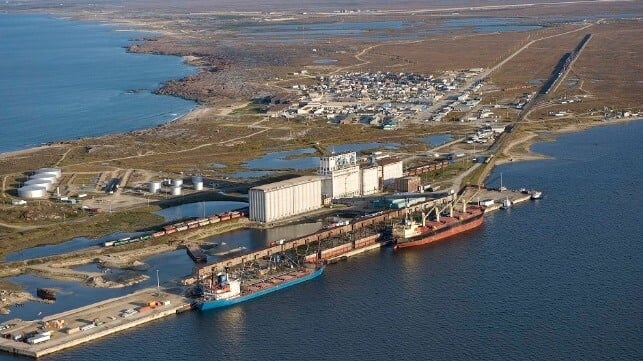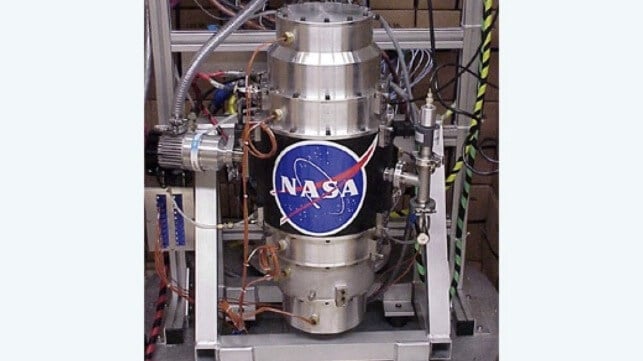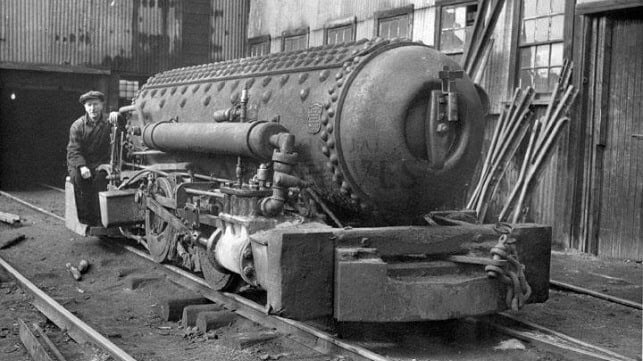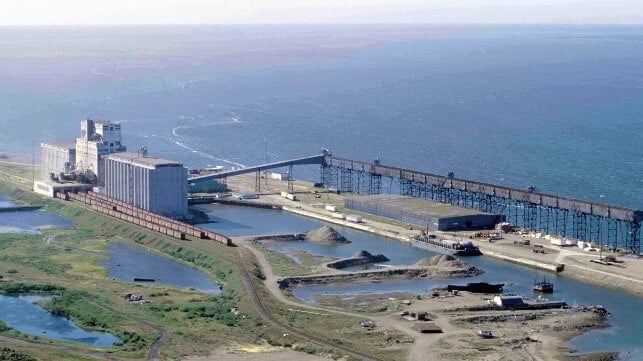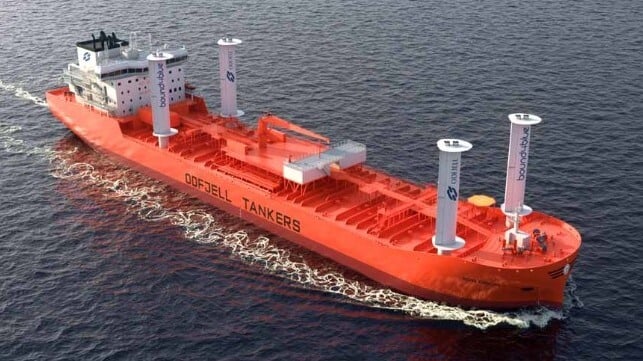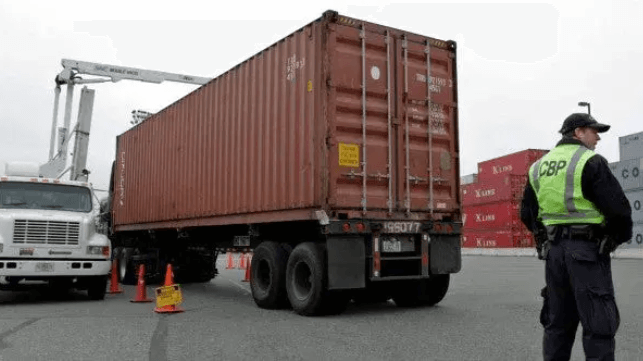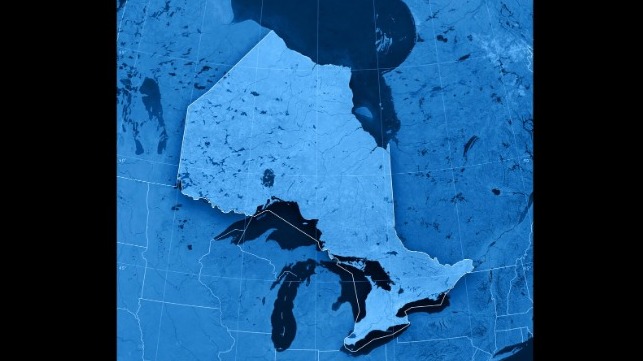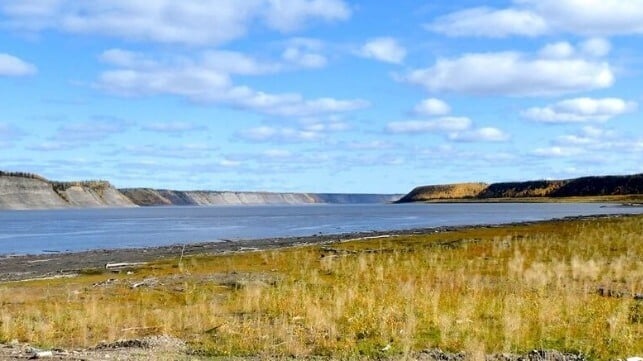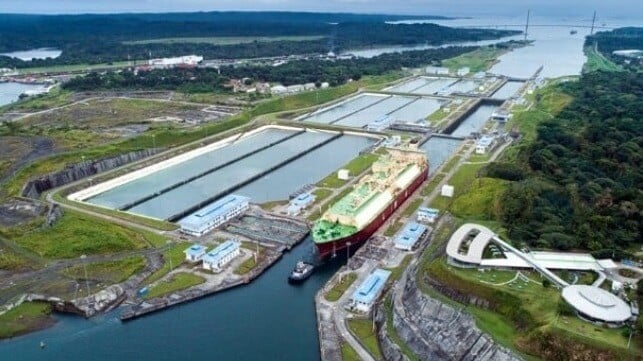Harry Valentine
Author and Researcher

Mr. Valentine has a degree in mechanical engineering from Carleton University, Ottawa, Canada specializing in thermodynamics (energy conversion) and transportation technology. He has worked as a technical journalist for the past 10-years and has more than 2 decades of research in the transportation industry.
Future Prospects for the Port of Churchill on Canada’s Hudson Bay
Discussions are underway in Canada in regard to the future development of the Port of Churchill on Hudson Bay. During the early to...
Revisiting Flywheel Energy Storage for Short-distance Ferry Propulsion
Recent advances in flywheel technology include making flywheels from high-strength materials that greatly increase hoop strength a...
Compressed Air Over Water for Short Distance Propulsion
During the early to mid 1900s, manufacturers of steam locomotives also built compressed air powered locomotives for the mining sec...
Hudson Bay's Port of Churchill Could Host Transatlantic Container Service
Plans are underway to develop the Port of Churchill on Hudson Bay to serve larger ships and to upgrade the railway line into Weste...
Spin-Offs From the Suction Sail
The suction sail is an innovative design that uses a small amount of energy to redirect a large flow of crosswind to assist ship p...
AI-Based Container Inspection Could Deter Exports of Stolen Goods
The theft of automobiles in developed nations for export to customers in underdeveloped countries has prompted customs officials t...
Tariffs Open Up New Opportunities for Trade at Canada's Great Lakes Ports
Prior to both the pandemic lockdown and the more recent trade tariffs, there was potential to expand direct container ship transpo...
Ontario Seeks Arctic Port on James Bay
Top government officials from the Province of Ontario, Canada have recently expressed interest in developing a maritime port on Ja...
Developing Waterway Cruises in Northern Canada
Trump’s tariffs have elicited a backlash from Canadian tourists, who now choose to visit domestic attractions. The shift has opene...
Could Mega-Scale Pumping Solve Canal Transit Problems?
Reduced water depths occur along navigable inland waterways, disrupting the economics of waterway transportation. While technology...

